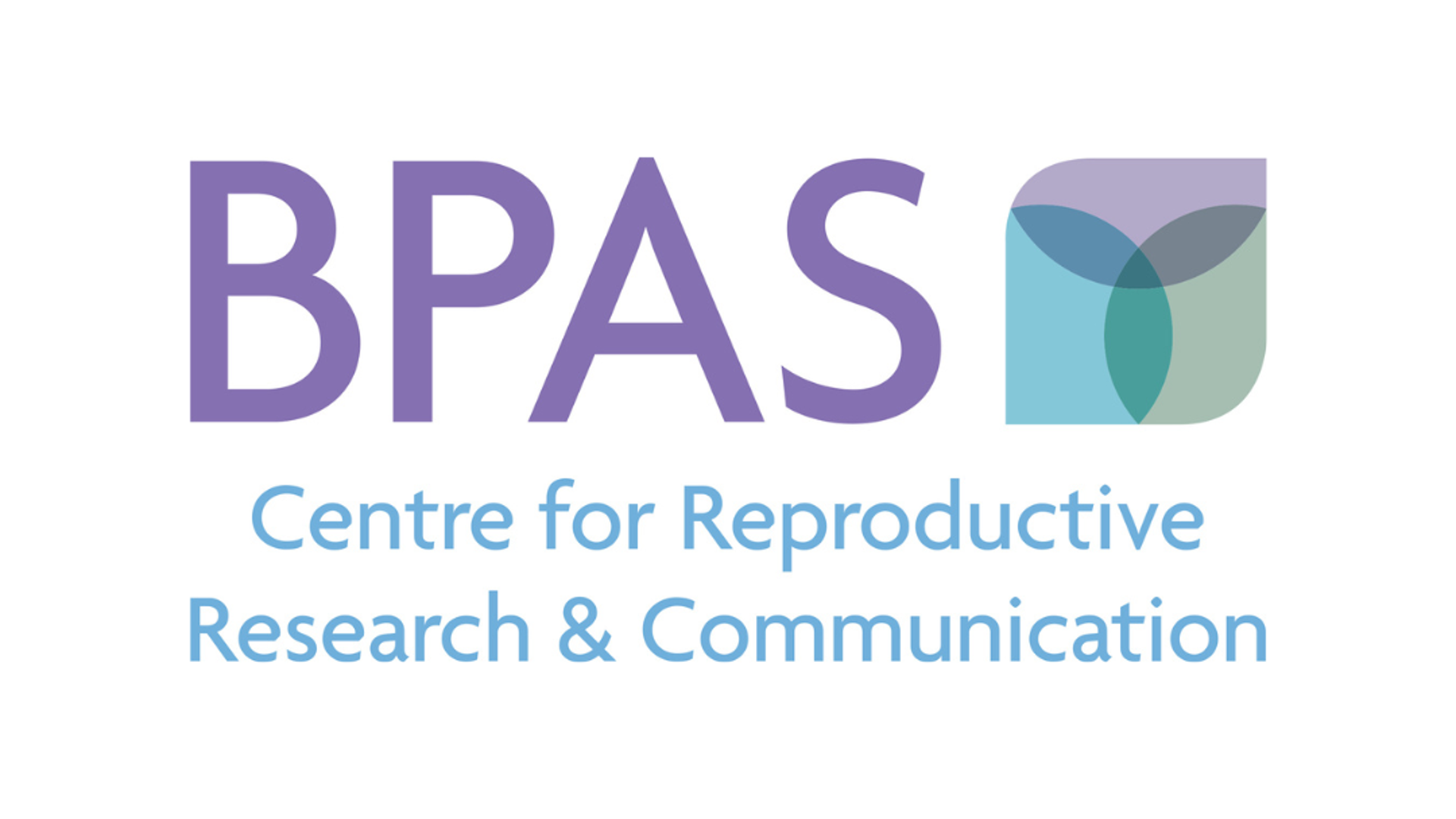
Research projects at BPAS are monitored by BPAS Research and Ethics Committee (REC), a sub-committee of the Clinical Governance Committee.
- The role of the REC is to examine all proposals for research, audits or service evaluation involving clients, or materials derived from clients, which are to be carried out within BPAS units or with BPAS staff, and to ensure that such activities conform to generally accepted ethical principles and standards. The committee also provides advice on ethical issues that affect BPAS. Click to read BPAS’ Research and Ethics Committee Terms of Reference.
- BPAS Research and Ethics Committee is a member of the Association of Research and Ethics Committees (AREC) and the National Research and Ethics Service reference group.
View our ongoing research projects below
Work Package 1 is a scoping review of literature pertaining to accessibility and equity of abortion services in England and Wales. Work Package 2 Using national abortion data for England and Wales, will conduct an Interrupted Time Series Analysis to see whether telemedicine has reduced the average gestational age at abortion, and how this varies by socioeconomic characteristics. Alongside this, assessment of whether groups who have historically accessed abortion later are still doing so, or whether the introduction of telemedicine is linked to any change in the timing of their abortions will take place. This will allow identification of groups of patients who are underserved by abortion services. Work Package 3 comprises qualitative research with abortion patients to identify the needs of individuals and communities who have difficulties accessing abortion care in general and/or who are underserved by telemedical abortion.
One of BPAS’ collaborative partnerships is with HDBR. HDBR stands for is the Human Developmental Biology Resource. The HDBR is a tissue bank; this means that biological samples are collected and stored with the donor’s written permission so that they can be used by researchers who need the material for their studies. The HDBR banks human embryonic and fetal tissues and we have been collecting these tissues since 1999. During this time, tissue provided by the HDBR has helped support numerous important research projects in many different countries.
This study is conducted by a student who is currently completing their master’s degree in public health. This project aims to explore the lived experiences of black women who have had a termination of pregnancy including their experiences of sexual health education and services. The findings of this study will provide an understanding of the experiences of black women who have had a termination including their perception of their termination(s) and the service received, as well as the barriers and facilitators of accessing sexual health services. The recommendations of this research could therefore propose changes to services utilised by black women.
This research project aims to examine the feasibility of integrating an AI chatbot into the BPAS care pathway to improve service delivery and patient care. To achieve this, we will work with OU researchers to: Explore patient acceptability of introducing an AI chatbot into BPAS' care pathway, Identify the impact of introducing an AI chatbot into our service on staff capacity, organisational risks, and integration challenges, conduct a user-mapping exercise to understand at which points along the care pathway an AI chatbot could enhance.
Patients with complex needs may face unique challenges, such as longer waiting times, difficulties navigating healthcare systems, and limited options for care. This research will provide insights into commissioning of services and how care pathways can be improved, ensuring timely and high-quality care. Therefore, the findings will help support recommendations for practice and policy to improve patient experience. Within the project, BPAS will play a central role by supporting the recruitment of their staff who provide abortion services for patients with complex clinical and/or social needs to participate in interviews.
Providing the offer of contraceptive advice and options after an abortion is a key part of good abortion care. Since 2020, most medical abortions (abortions with pills) in England and Wales are done via telemedicine, meaning consultations occur over the phone, and pills are sent to patients at home. This has an impact on how post-abortion contraception can be provided and warrants investigation.
We will study contraceptive use after abortion at BPAS, examining contraceptive methods chosen by patients who have abortions up to 10 weeks of pregnancy, both at the time of the abortion and six weeks later. We will compare contraception use between medical and surgical abortions and between those who have had fully remote vs in-clinic care. Additionally, we will gather information from patients who received contraceptive advice and planned to use a specific method to see if they could start using their preferred contraception. This will be done through an online survey sent via email or text message six weeks after the abortion.
The information we find will help design better services, plan budgets, train staff, and improve quality for any organisation around the world that wants to use telemedicine for medical abortions up to 10 weeks’.
This is a service evaluation project due to there being no previous evaluation of the conscious sedation since it was implemented in 2015, despite changes to policy and extension to 17 + 6.
A new VTE risk assessment tool will be added for all patients to assess risk of VTE. Those at risk will be offered low molecular weight heparin. We plan to deliver an evaluation around the implementation of this new service. In the first instance, a rapid evaluation to assess uptake and reasons for decline. This project will be undertaken as a student-supported project, with Rebekah Goodman, pharmacy student, supported by BPAS Deputy Chief Pharmacist, Director of Research & Innovation and the Evaluation Researcher. Findings will support operational planning and research planning of a large of evaluation / research project to determine risk of VTE amongst our population, and those who do/do not take the low molecular weight heparin.
This research is an anonymous, web-based survey of abortion providers in the UK. The survey will take about 15 minutes to complete and will contain a series of questions about how, when, and why providers use uterotonic medications. It is a collaborative project recruitment will be done from providers via the independent sector providers (BPAS, NUPAS, MSI) as well as professional societies (BSACP, FSRH, RCOG) and through snowballing. After survey completion, simple descriptive analyses will take place to explore trends in clinical practices.
Research findings and related updates are due to be published soon.
Research findings and related updates are due to be published soon.
In addition to these research projects we undertake several internal service evaluations per year, which are sometimes published and shared externally. If you’re interested in discussing these please get in touch: research@bpas.org

Collaborate with us
If you are a student or a researcher with a project you would like to undertake and looking for a host organisation, do get in touch.
We have previously accepted students and fellows from Imperial College London, Kent University, Sussex University, Princeton University, Harvard Law School and Yale Law School.


Awards, grants and prizes
The Heather Trickey Essay Prize
This prize encourages work reflecting the contribution and commitment of Dr Heather Trickey to finding common ground in the field of women’s reproductive health and women’s rights.
By bringing together those of differing perspectives, we’ll develop innovative, practical policy solutions to difficult problems.
Peter Huntingford Memorial Prize
BPAS has endowed the Peter Huntingford Memorial Prize to mark the late Professor Peter Huntingford’s contribution to obstetrics and gynaecology.



